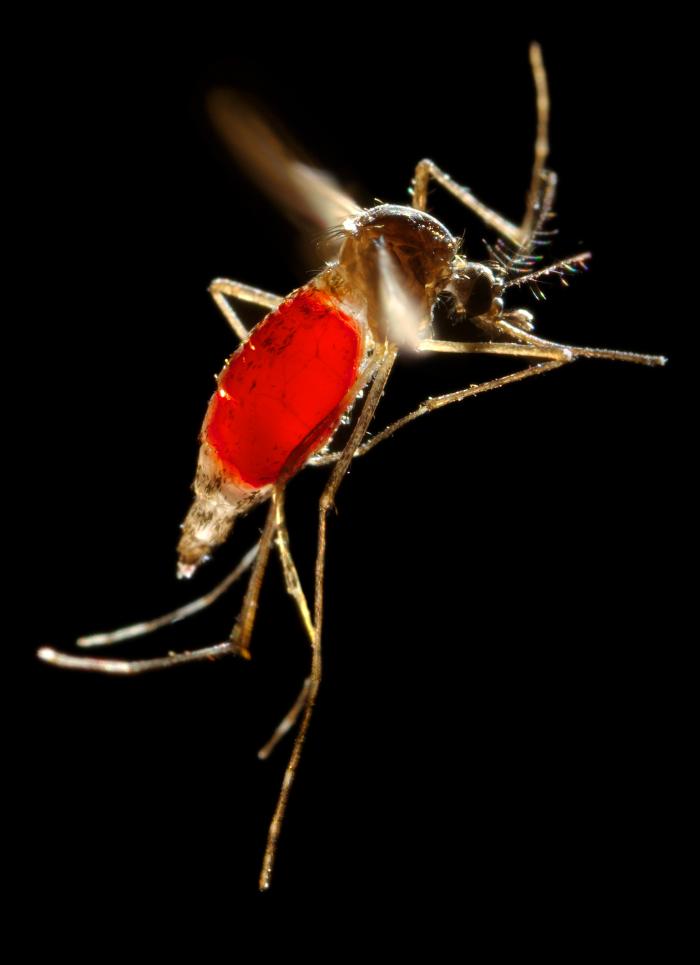New York City health officials have reported 40 travel associated Zika virus cases, noting that six cases were in pregnant woman, as of Monday.

On the same day, Mayor de Blasio detailed a three-year, five-borough plan to protect New Yorkers and prevent the spread of the Zika virus in New York City.
Building on the Health Department’s robust West Nile virus mosquito control program, the Mayor’s plan expands mosquito surveillance and control to identify and target mosquitoes that could potentially transmit the Zika virus; creates capacity to meet a growing need for testing pregnant New Yorkers and local mosquitoes for the virus; and launches a comprehensive campaign to disseminate prevention and testing information throughout the city.
The plan will add 51 new positions to address all these needs—including inspectors, exterminators, disease inspectors and lab analysts—and it will double the number of mosquito traps placed across the city. Zika investment totals $21 million over a three-year period, including a New York State match.
“We are doing all we can to target the mosquito that could transmit Zika here in the city, and building the capacity to respond to every possible scenario, no matter how unlikely,” said Mayor Bill de Blasio. “We will spare no effort to protect pregnant New Yorkers from the devastating consequences of Zika, and we ask New Yorkers to help us by taking simple steps to get rid of standing water where mosquitoes can breed. We also ask pregnant women who may have been exposed to Zika to talk to their doctors about getting tested.”

The City’s Health Department activated its Incident Command System— an internal organization structure deployed during emergency situations —in February, after the World Health Organization rang the alarm about the Zika outbreak. The City’s Zika Action Plan was informed by the latest scientific evidence, conversations with the Centers for Disease Control and Prevention, and advice from clinical and mosquito control experts who participated in two high-level consultations convened by the City over the past two months. The plan was reviewed and discussed with 14 relevant City agencies last week at a tabletop exercise held at the Office of Emergency Management.
“The City’s Health Department has successfully helped limit mosquito borne diseases for more than 15 years, when the West Nile virus emerged. We are using our technical knowledge and experience to gather as much information as possible and to respond swiftly to this emerging situation,” said Health Commissioner Dr. Mary T. Bassett. “New Yorkers best defense against Zika is to avoid travelling to affected areas, talk to their doctor if they are concerned about having been infected, use mosquito repellant, and remove standing water in and around their homes.”
Related:
- Zika history: A timeline to a public health crisis
- Peru: 1st indigenous sexually transmitted Zika infection recorded
- CDC issues travel notice for Belize due to Zika


One thought on “NYC Zika plan: $21 million over a three-year period”